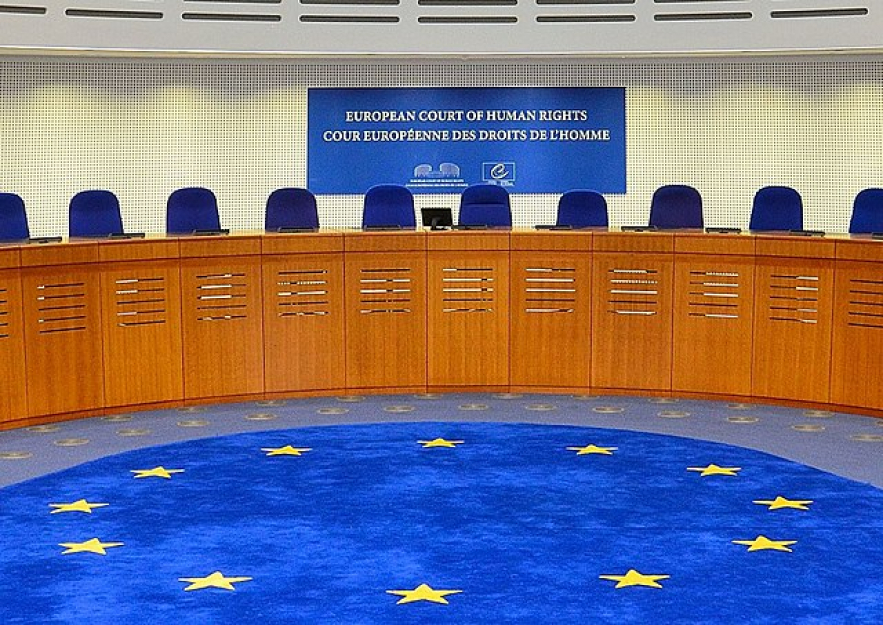ECHR "No right to die" ruling and needs for protecting freedom of conscience

On June 13, the European Court of Human Rights (ECHR), in Dániel Karsai v. Hungary, held that Member States could continue to prohibit assisted suicide. The Court ruled in favour of Hungary that prohibiting euthanasia and assisted suicide was in accordance with the “right to life” under Article 2 of the European Convention on Human Rights and under international law. With some countries limiting the right to freedom of conscience of medical personal objecting to euthanasia objectors to euthanasia, this ruling is of particular importance.
In fact, a "majority of the Council of Europe’s member States continue to prohibit" euthanasia, the Court underlined. Only 6 States have legalised assisted suicide. Therefore, the Court held that there was no basis for concluding that the member States are thereby advised, let alone required, to provide access” to assisted suicide. "It is part of the human condition that medical science will probably never be capable of eliminating all aspects of the suffering of individuals who are terminally ill. This heightened state of vulnerability warrants a fundamentally humane approach by the authorities to the management of these situations, an approach which must necessarily include palliative care that is guided by compassion and high medical standards." It observed that "the wider social implications and the risks of abuse and error entailed in the provision of physician-assisted dying weigh heavily in the balance."
In Hungary, assisted suicide is criminalised, including anyone assisting, even outside Hungary, according to the Hungarian Criminal Code.
ECHR judge Wojtyczek stressed that "any form of euthanasia or legislative framework surrounding such a practice would not only lack a legal basis under the Convention, but would also be contrary to the fundamental Convention right to life."
At the same time, the ECHR also added that its stance could change in the future, based on the attitude of the Member States and “having regard to the developments in European societies and in the international standards on medical ethics in this sensitive domain.” In other words, the Court cautiously indicated that a right to assisted suicide could be recognized at a later stage should the practice become legalized by a significant proportion of European states.
This approach has been heavily criticised by human rights organisations, including the ECLJ, which underlined: “The evolutionary approach embraced by the Court leads to the idea that assisted suicide is a human right according to the number of countries that have legalized it, which is philosophically absurd. It amounts to making the content of human rights dependent on political life.”
With recent trends like the blacklisting of medical professionals who object to euthanasia in Spain (OIDAC reported) or the prohibition for health care institutions to withhold euthanasia on the grounds of faith in Belgium (OIDAC reported), the ruling of the ECHR is an important call to ensure the safeguarding of freedom of conscience.
ECHR Ruling: hudoc.echr.coe.int
Additional sources: ADF International, HUDOC, ECLJ
Image: Wiki Commons